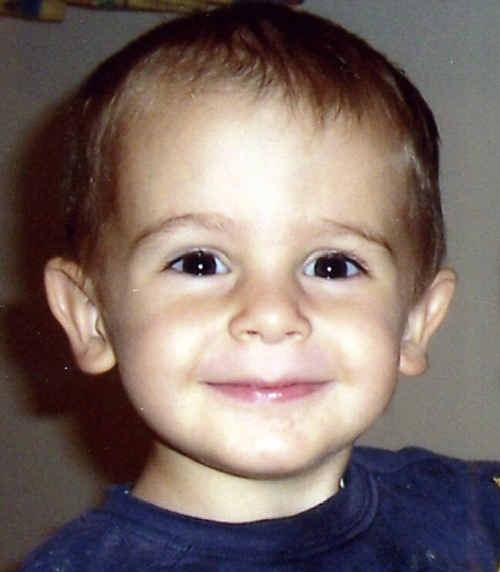
Can I repeat a dose of paracetamol if my child vomited?
This is a question we hear a lot, and thanks to our friends over at NSW Poisons Information, we have the answer!

Ryan Saunders is a little boy who died in 2007 from an undiagnosed Streptococcal infection, which led to Toxic Shock Syndrome.
According to the Queensland Clinical Excellence Division, when Ryan’s parents were worried he was getting worse they did not feel their concerns were acted on in time.
“In light of his death, the Department of Health made a commitment to introduce a patient, family, carer escalation process (Ryan’s Rule), to minimise the possibility of a similar event occurring.”
It is important to note that Ryan’s Rule in Queensland (and other similar policies in other states) is NOT for general complaints, it must be only used if you have serious concerns about your or your child’s condition or you notice a change that worries you.
As a parent or carer, you need to remember that you are an integral part of your child’s health care team. Ask questions, be informed, and be involved.
The Ryan’s Rule escalation process is as follows:
Step 1: Talk to a nurse or doctor about your concerns. If you are not satisfied with the response, go to the next step.
Step 2: Talk to the nurse in charge of the shift. If you are not satisfied with the response, go to the next step.
Step 3: Phone 13 HEALTH (13 43 25 84) or ask a nurse to phone for you, and request a Ryan’s Rule Clinical Review. You will need to provide the following:
Once the rule is enacted, a nurse or doctor will undertake a Ryan’s Rule clinical review of the patient and the treatment they are receiving.
N.S.W. – R.E.A.C.H program
S.A., NT, Vic, TAS – Individual Hospitals – speak to patient liaison officer to see what process your hospital has.
W.A. – Freemantle Hospital
Remember, you know your child better than anyone. Things are very uncertain during the COVID-19 pandemic – having the knowledge and tools to escalate a situation when necessary, is as important now as ever.

This is a question we hear a lot, and thanks to our friends over at NSW Poisons Information, we have the answer!

If a symptom that required urgent medical attention showed in your child, would you know how to spot it, or what to do?

Breath-Holding is common in young children, and scary to witness as a parent – learn how to best respond to these frightening spells.